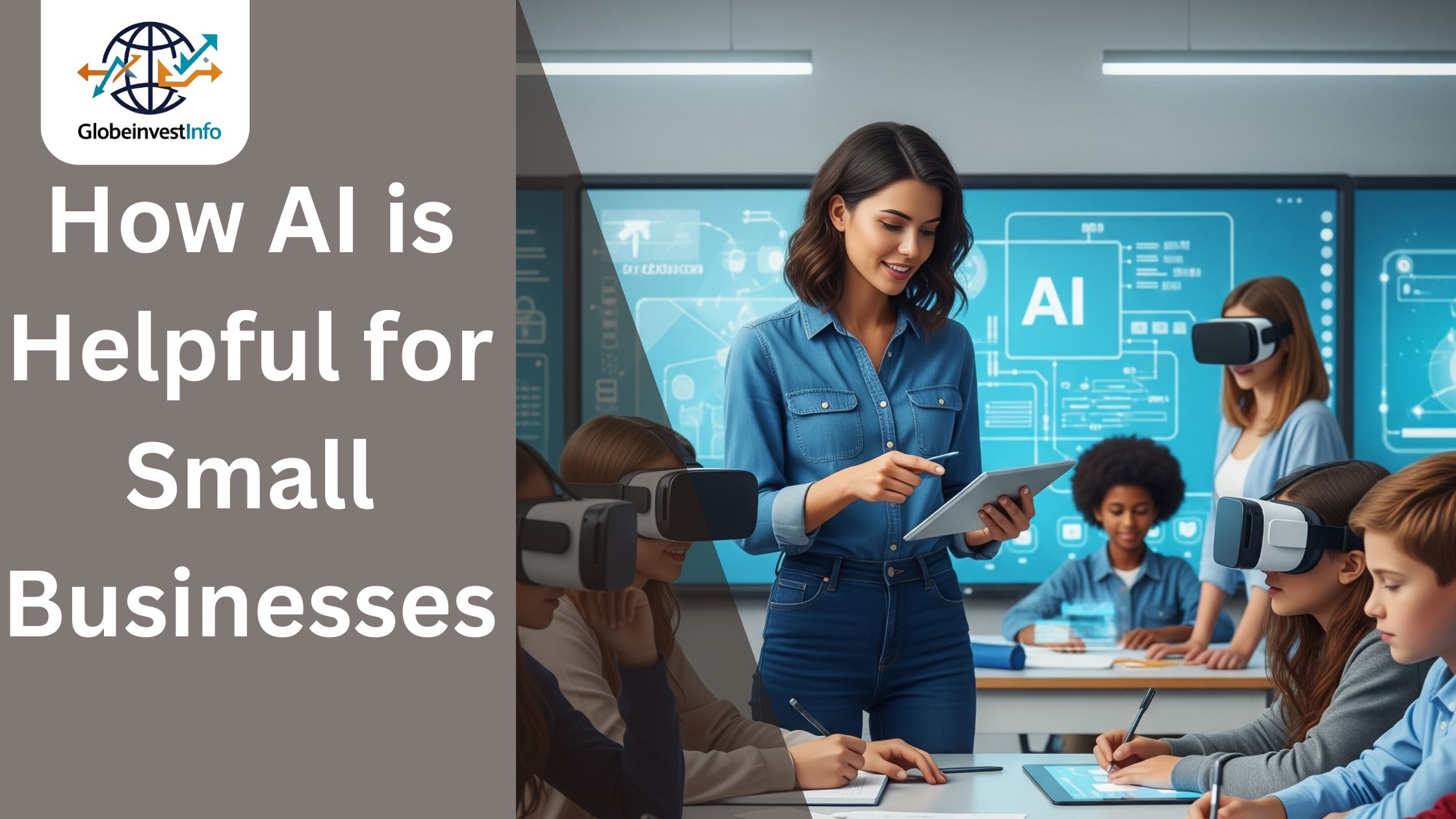In the past, artificial intelligence (AI) was a luxury only big corporations could afford. Fast forward to 2025, and AI tools are more accessible, affordable, and powerful than ever—helping small businesses compete on a global scale. From automating repetitive tasks to boosting marketing ROI, AI is no longer the future; it’s the present.
Let’s break down how AI is transforming small businesses and why it’s no longer optional for growth.
1. Automating Repetitive Tasks
Small business owners often wear multiple hats—marketing, sales, operations, you name it. AI-powered tools can handle repetitive tasks like scheduling, invoicing, and inventory tracking, freeing up valuable time for strategic thinking.
Example:
Instead of manually sending reminders, AI-based CRM tools like HubSpot or Zoho can automatically follow up with leads at the right time.
2. Smarter Marketing with AIAI can analyze customer data to help create more targeted campaigns. From email personalization to ad optimization, AI ensures every marketing dollar works harder.
Pro Tip:
Platforms like Mailchimp’s AI content generator or Google Ads’ Smart Bidding help small businesses get more results without hiring a full marketing team.
3. Better Customer ServiceAI chatbots and virtual assistants offer 24/7 customer support without adding extra payroll costs. They can handle FAQs, process simple orders, and even recommend products.
Example:
A small online boutique can integrate an AI chatbot to answer sizing questions instantly, improving sales and reducing returns.
4. Financial Forecasting & Budgeting
AI tools like QuickBooks Advanced and Fathom use predictive analytics to forecast cash flow, identify spending patterns, and prevent costly mistakes.
5. Competitive Insights
AI-powered analytics tools can monitor competitors, track market trends, and identify opportunities before they’re obvious. This means small businesses can move faster—sometimes even faster than large corporations.
6. AI for E-Commerce Growth
Recommendation engines powered by AI can increase average order value by suggesting related products. Even a one-person online shop can now use this technology to boost sales.
Why 2025 is the Best Time for Small Businesses to Embrace AI
The cost of AI adoption is lower than ever. Many AI tools are subscription-based and require no coding skills. This means small businesses can start experimenting without huge upfront investments.
FAQs: AI for Small Businesses
Q1: Is AI too expensive for a small business?
No. Many AI tools offer affordable monthly plans starting at less than $50.
Q2: Will AI replace my employees?
AI is meant to assist, not replace. It handles repetitive tasks so your team can focus on creativity and strategy.
Q3: How do I start using AI in my business?
Begin with small, low-cost tools—like AI chatbots or marketing automation—before expanding to advanced AI analytics.
Q4: Can AI help me attract more customers?
Yes. AI can identify your ideal audience, personalize outreach, and optimize ads to get more conversions.
Q5: Do I need technical skills to use AI?
Not at all. Most AI tools are designed for non-technical users with easy-to-use dashboards.
- AI in Gaming: How Artificial Intelligence Is Changing the Way Americans Play in 2025
- AI-Powered Business Ideas That Will Boom in the Future
- AI in Travel: How Americans Are Planning Trips Smarter in 2025
- AI in Real Estate: How Americans Are Buying and Selling Smarter in 2025
- Fitness Side Hustles for College Students Who Love to Stay Active

